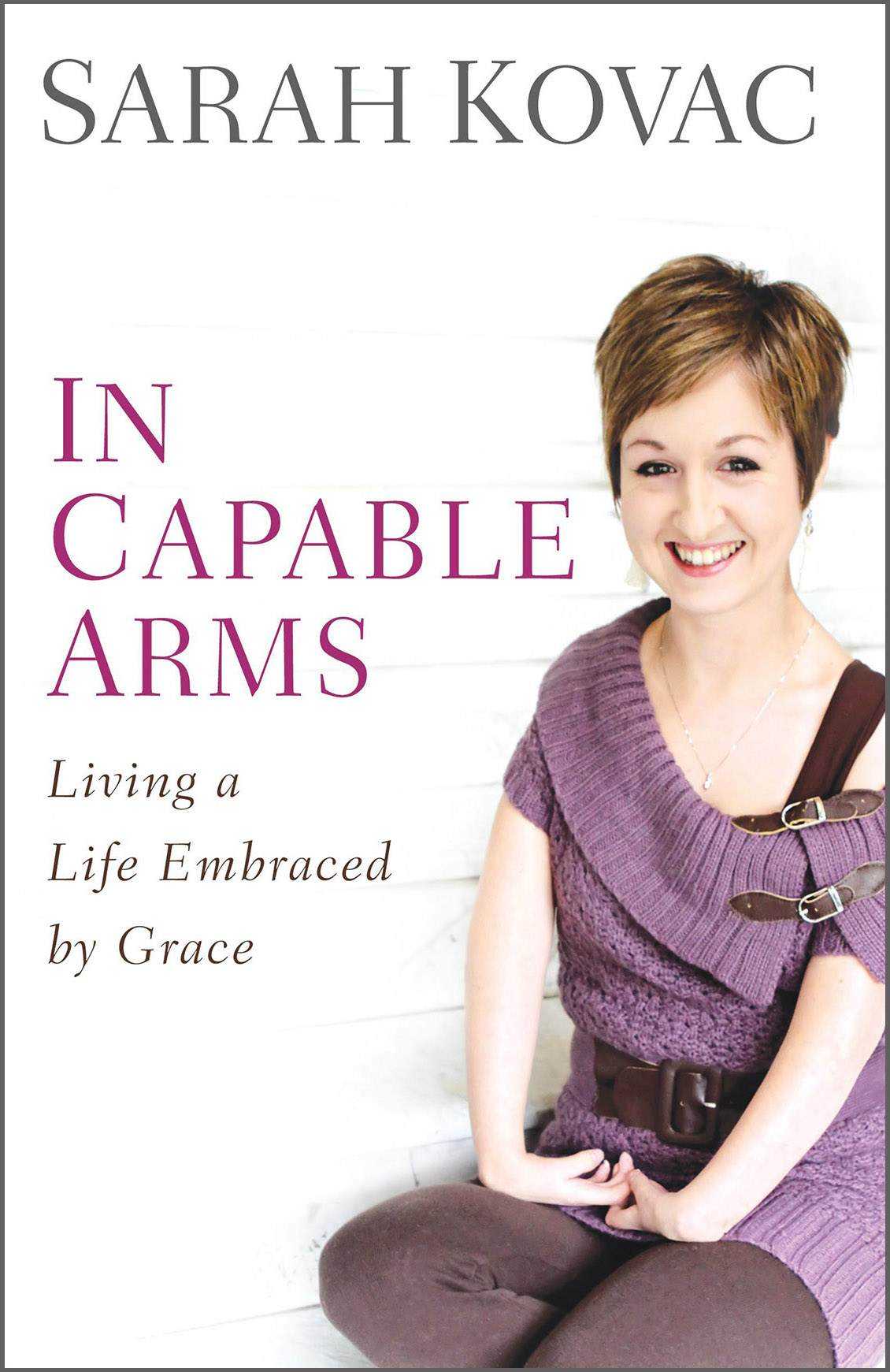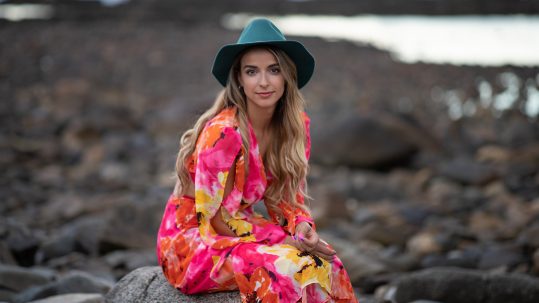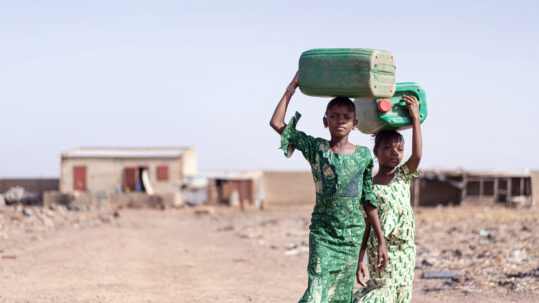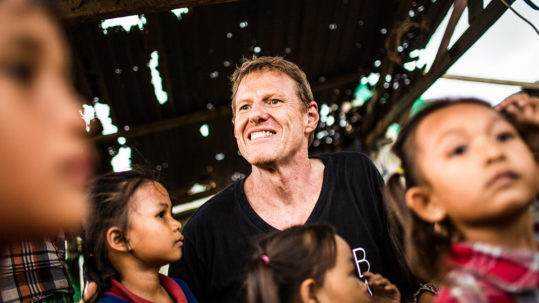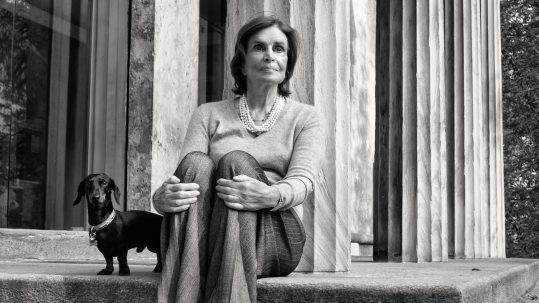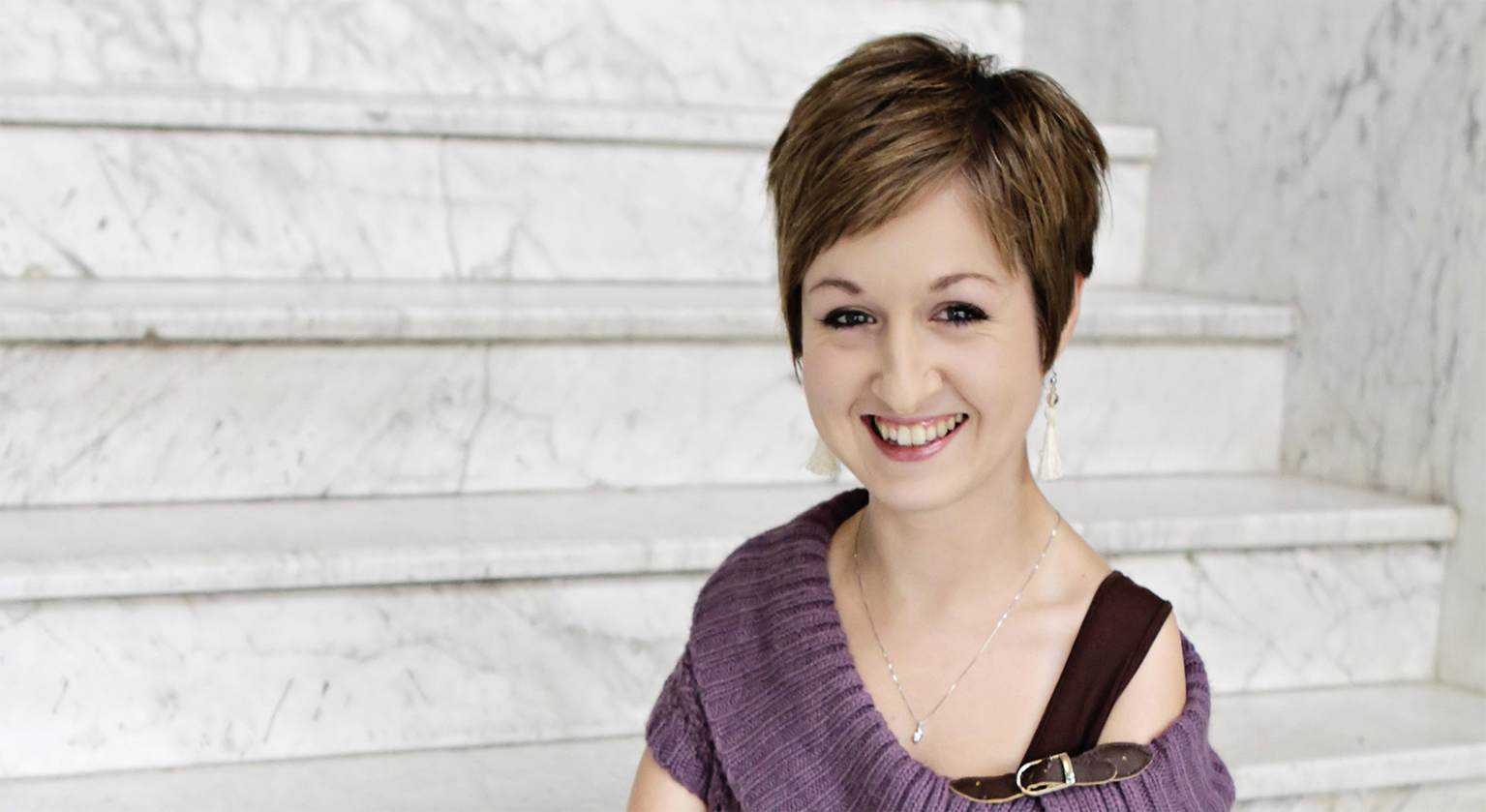
15 Jan Sarah Kovac
Photo: Melissa Cox, Lifeshots Photography.
SARAH KOVAC
Happiness is a state of mind, and no one could demonstrate it better than Sarah Kovac. Diagnosed at birth with Arthrogryposis Multiplex Congenita, a rare condition that left her unable to use her arms and hands, Sarah Kovac made her way in life using her feet to drive a car or write a book. Happily married, mother of 3, successful writer, speaker and journalist, Sarah Kovac’s positive outlook on life and achievements have inspired thousands and got her international recognition.
By Victoria Adelaide | JAN 15. 2018
Victoria Adelaide: How did you start using your feet as you would use your hands with such precision and control?
Sarah Kovac: I think it was like most children beginning to develop gross motor skills and fine motor skills when they are toddlers. So at about 2 years old, I simply started to use my feet in the way that other children might begin to use their hands.
VA: Did you manage to do all of that under medical supervision?
SK: No, not at all. As a matter of fact, I was in occupational therapy at that time, and they were trying to get me to use my hands more but I insisted on using my feet more. So after a certain amount of time they just felt that I was learning to do things better on my own rather than the way the therapist was suggesting. So my way of using my feet was really something I taught myself as opposed to somebody else teaching me.
VA: Do you think that not interfering too much in the child’s natural development could be a great approach in the end?
SK: Well, I certainly believe that if children are allowed the space to do it, that they will very often try their own ways of doing things, if we don’t interfere too much. Luckily, my parents chose to take that road and to allow me to find my own way, which happened to be using my feet. But many people in my situation use their mouth to do a lot of things, or do use their hands as much as they can. I think it’s going to vary from one child to the next.
VA: Do you think that your parents allowing you to follow your own course has helped you build the kind of personality you have now?
SK: Well, obviously I can’t speak too much on my parents’ behalf on that, but I know that they wanted and prayed very much for me to be able to grow up and live as independently as possible. I think they just had a lot of wisdom to follow my lead and allow me to be myself. Not that I’m anything that special but I think if left to their own devices, normal children will learn to do things at their own pace, and they just tried to treat me as closely as they could to the way they would treat a normal child. I felt normal. I didn’t question whether someday I would drive a car, I didn’t really gave it a lot of thought, I just knew that like every other kid, I was going to grow up, turn 16 and drive a car. It just never crossed my mind that I wouldn’t because they raised me with that approach, that I was no different from anybody else.
VA: You said ‘What I have found in my life is a measure of letting go and self-acceptance’. Do you think being born that way enabled you to be more in touch with your true self?
SK: I think so. I think that’s what pain does for us, it gives us a perspective that we wouldn’t have otherwise. I wouldn’t have chosen this path for myself, but I do believe that the painful experiences that I’ve had and the struggles that I’ve had have allowed me a perspective that I wouldn’t have been able to enjoy if I had had fewer struggles in my life, so I can be very thankful for that, even though I’ve gone through things that were difficult. I wouldn’t have chosen them and I wouldn’t wish them on anybody else. But I can certainly see the positive that it’s brought into my life. I’m the sort of person that takes my pain, processes it, thinks about it and tries to bring something good out of it; that’s just my personality. So it opened up a lot of doors for me to be creative and to express myself and the truth that I find in those painful places. That’s really a huge positive in my life, and it allowed me to find much beauty in the things that don’t seem so beautiful when you’re first experiencing them.
Photos: Melissa Cox, Lifeshots Photography.
VA: When you were younger you suffered from depression and even thought about suicide. What was the turning point in your life that made you realize that you needed to be in charge of your life?
SK: I think there were a couple of turning points that enabled me to come to this place where I’m comfortable in my own skin and I can talk about what I’ve experienced. I think the first was when I moved out of my house and during college I started to live by myself, and that forced me to become more self sufficient; it also showed me that I could do this on my own, I could survive on my own if I needed to. So I think I had really come from a place where I felt inadequate and depressed in high school, and then in college I started to let that go and started to be more confident. Then once I decided to have children, I started to learn to be a parent even through all my struggles, I was married and I felt like this was the life that I wanted, that I thought I would have. I started to feel like I was in a place where I could tell my story, my struggles and my triumphs in a way that might be meaningful for other people.
VA: You mentioned that when you first met your husband he didn’t seem to notice your disability which made you feel very comfortable.
SK: Well, the people that I’m most comfortable around usually are people that I’ve known for a long time. They know that I have a disability and they know that I have to do things differently but they don’t make a big deal of it, it’s like the color of my hair or the car I drive, it’s just part of who I am to them and they don’t really think about it. But it takes people generally a while to get to that place. When I met Adam, of course he noticed how I was doing things and of course it was new to him, but he worked very hard to make sure that I didn’t feel uncomfortable. He didn’t ask me questions about my disability, he just wanted to get to know me, for who I was, and it worked, I just felt very comfortable with him and he felt like somebody that I just known forever. You know, you hear people say that about the people that they love, that when we met it just felt like he’d always been a part of my life. I’m not sure how that happened but that’s how it happened with us.
VA: What is generally people’s reaction regarding the way you do your things, using your feet to drive, to eat and do almost everything?
SK: Well, I’m an introvert, so sometimes having the attention that I get when I go out in public, it’s hard for me. But I try to remember that, for most people that I run into, they’ve never met anybody that does things the way that I do. If they run into somebody in a wheelchair, they’ve seen that before and that’s familiar to them but they’ve probably never seen anybody eat with their feet like I do. So I try very hard to be gracious and when I sit down in a restaurant and start to eat, I just focus on my food and the person I’m there with, because I know that people can’t really help it, if they have to look twice or don’t understand what they’re seeing at first, you know, they might stare. They don’t mean to be rude or inconsiderate, it’s just human nature when you see something you’ve never seen before, to try to understand it and process it. But also, it’s nice when I can get a seat that’s away, in a corner, where people don’t see me so much, it’s almost like being a celebrity (laughs). I feel like I’m hiding from everybody. But I also have to realize that there are a lot of people who have a problem with feet; it’s unappetizing for them to see somebody eat with their feet. So I try to consider that as well, that’s not their fault either. There are days when I don’t really feel like being under scrutiny, so I just don’t go out on those days. But if I go out, I have to be prepared to face the fact that somebody might stare at me or somebody might come up and ask me questions, and that’s just part of life for me and I’ve gotten used to it, it’s not a problem. I just have to be aware that my feelings are valuable too, and if something is going to make me feel uncomfortable, then I just try not to put myself in that situation.
VA: You are a journalist, a writer, a motivational speaker, a wife and a mom. What do you think made the difference in your personality and led you to become successful apparently in all areas of your life?
SK: I think I really got the skill from my parents. I didn’t have a lot growing up but we learned to make the best with what we had, we didn’t complain, we found joy where we were and I think that is possible. We all go through something hard, but I think there is always something beautiful even in the hardest moments. You can’t always see that at the time but my parents taught me to look for beauty in difficult situations and really instilled in me the skill and the drive to be happy where I am. It’s so funny that I feel like I’ve come to this place where, in my life, I have more success that I had ever expected I would have. Part of the thing is I didn’t have set expectations. I didn’t have the goal to become a writer, or to publish a book, I just feel like I was open to opportunities that came my way and tried lots of things. In college I was a music major, I was a business major, I was a psychology major, I did general studies and then I landed in journalism. So I tried all these things, I got all these different experiences and finally wound up with what I wanted to do. But I had to try a lot of things first. So I think there are two things, one, my willingness to try new things and to be open to whatever opportunity comes my way even when I didn’t feel I was adequate or well prepared to take them on, I often would just dive into something and learn it as I went. And second, I have the skill to be happy no matter where I am, I don’t feel the need to accomplish this next thing and then I’ll be happy; it’s just like I’m happy and that seems to draw more happiness to me, if that makes any sense.
VA: You wrote a book with your feet ‘In Capable Arms: Living a Life Embraced by Grace’. May I ask how long it took you to finalize it and what the creative process was?
SK: Well, I wrote a proposal that I gave to my agent and she pitched that proposal to publishing houses, so at that time I had about 2 chapters that were written. Then I got a contract with the publisher, and after that I had about 4 months to finish the book. So it took me about 5 months to write that book.
VA: Are you planing to write an other book?
SK: I think I will someday. Like I said, I’m not a person who’s huge on goals, right now I’m really enjoying doing more freelance journalism, I write about parenting, I write reviews, things like that. I’m just really enjoying that, so I’m not in a huge hurry to write another book yet, but I think I will someday.
VA: What message would you like to pass on to your children?
SK: If I could give them anything, I think I would give them resilience. Because we all run into difficult stuff along the way and it’s all about how we respond. Because none of that is fatal. None of those failures that we have or struggles that we encounter are fatal, but sometimes they feel like they are, they feel like oh gosh, I feel like this day is the end of the road for me. But it’s all about how you look at it, how you respond to it. Again, I think my parents taught me well, as far as, just because you come up against a road block, that doesn’t mean you can’t find a way and it doesn’t mean that it’s the end of the road. And if I can pass that along to my children, then they will be successful. They don’t have to accomplish huge things but if they can find peace where they are and not take failures as being fatal, then that’s what I would give to them.
VA: Your last word?
SK: I feel like there have been some things that I’ve struggled with of course, but also I had lots of things in my life that went right, things I had no control over. I have a very supportive family and friends, I rely on my faith a lot, my relationship with God and my belief that He has good things for me, that sustained me big time. When I had lot of things going wrong, I had a lot of support from lots of different directions. So I don’t think what I’ve done with my life is something that anybody else couldn’t do. I think it’s just a matter of taking what we have and making the best of it. I feel sometimes that I do things that are going to look like, Sarah did something amazing than none of us could do, but I don’t think that’s the case at all. Because I don’t work that hard (laughs). I just try to do my best, and that’s what everybody else is doing and because I’m overcoming something so obvious, my act of overcoming looks more obvious. But I think we’re all working through something and I don’t feel like I’m more exceptional than anybody else, I think anybody in my shoes would have done something very similar to what I’ve done. I don’t want people to look at my story and think they could not do what I’ve done, because I don’t believe that at all.
...I started to feel like I was in a place where I could tell my story, my struggles and my triumphs in a way that might be meaningful for other people``.




